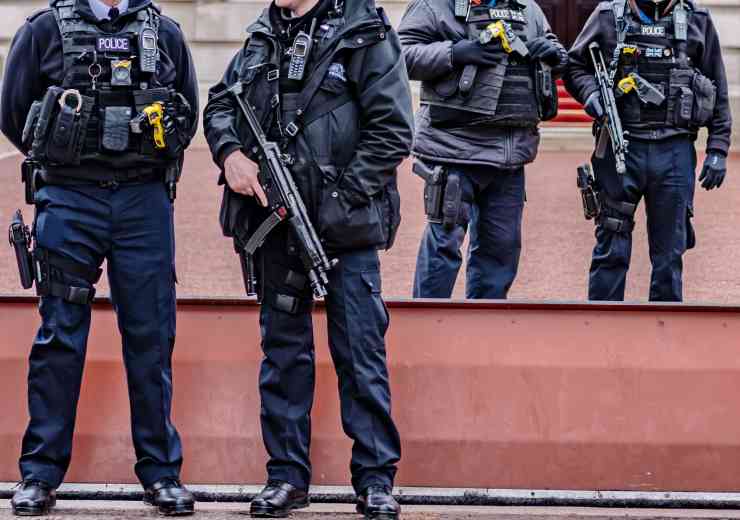
Is counter terrorism in Britain racist and/or Islamophobic?
The killing of George Floyd in Minneapolis on 25 May has once again graphically illustrated the problem of racism and the excessive use of force in US policing. Careful, evidence-based analysis is, however, a key prerequisite in determining its scale and scope, both there and in other places. This is no less true with respect to the claim, which dominates the relevant literature and campaigning worlds, that counter terrorism in Britain, particularly the Prevent programme, is racist and/or Islamophobic.
If true, something urgently needs to be done about it. But, if not, the allegation itself should be challenged. Otherwise cooperation with counter terrorism could be undermined and community relations damaged. But, in order to test it in a scientific manner with legally significant implications, it needs to be reframed in terms of official discrimination – the direct or indirect official allocation of goods or benefits on an unequal basis without adequate justification by reference to the rights and freedoms of others or legitimate public interests.
Official discrimination
Official discrimination can occur in several ways. A law or public policy is ‘discriminatory by design’ if it expressly targets a social group, particularly one with a ‘protected characteristic’, without justification. However, even if not guilty of this charge, it may, nevertheless, be discriminatory for other reasons. Well-intentioned implementation may indirectly, and inadvertently, have this effect. A non-discriminatory law or policy may also be implemented in a discriminatory manner as a result of prejudice, either by the particular agencies involved, or more randomly, on the part of specific officials.
A distinction also needs to be drawn between, on the one hand, subjective perceptions that a law/policy is discriminatory, and on the other, independent evidence that this is the case. The trouble with subjective perceptions is, that no matter how firmly or honestly held, the extent to which they are based on rumour, myth, or prejudice, rather than upon direct experience, objective fact, or reliable judgment, is difficult to determine.
British counter terrorist law and policy cannot credibly be deemed discriminatory by design because it is expressly neutral with respect to the forms of terrorism to which, and the racial and other characteristics of those to whom, it applies. And apart from anecdotes, which may or may not be true, there is also no reliable evidence that it is being regularly and intentionally implemented in a discriminatory manner. Indeed, the evidence either fails to substantiate such claims or points in the opposite direction.
Terrorism and counter terrorism in Britain
From the beginning of the millennium to the end of 2019, terrorism in Britain killed over 100 people. Jihadis were responsible for over 90 per cent of these deaths and just under 100 per cent of the total casualties. By 2003 annual fatalities due to the ‘Troubles’ in Northern Ireland had declined to single figures. Since then, although the risk from ‘dissident Republicans’ has remained deadly, this type of terrorism has caused no death or injury in mainland Britain. Terrorism in pursuit of other causes has also waxed and waned over the past few decades. And, while the risk from the far-right has increased significantly recently, it has not yet accounted for more than a dozen or so casualties including a handful of fatalities.
The two, putatively integrated, principal pillars of the UK’s domestic counter terrorist law and policy are the Terrorism Act 2000 – which consolidated, streamlined and reformed relevant legislation prompted by the conflict in Northern Ireland – and the four Ps of the post-9/11 CONTEST strategy: Prepare, Pursue, Protect and Prevent.















